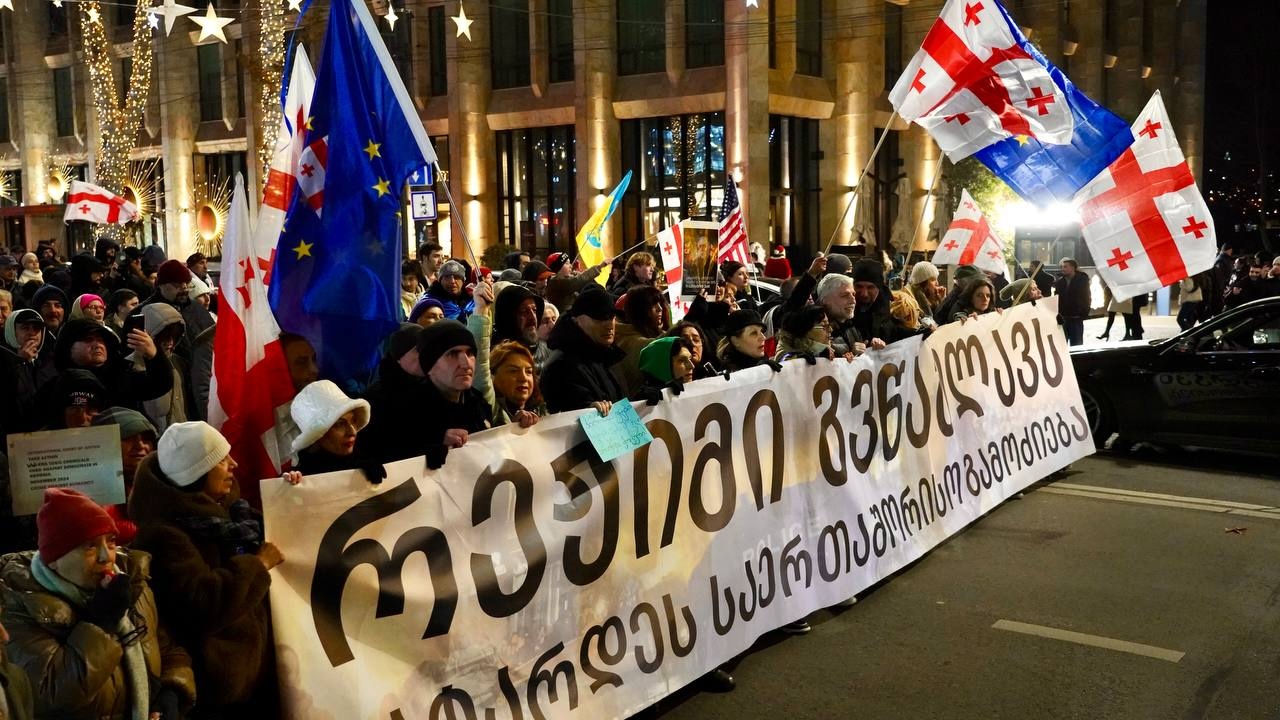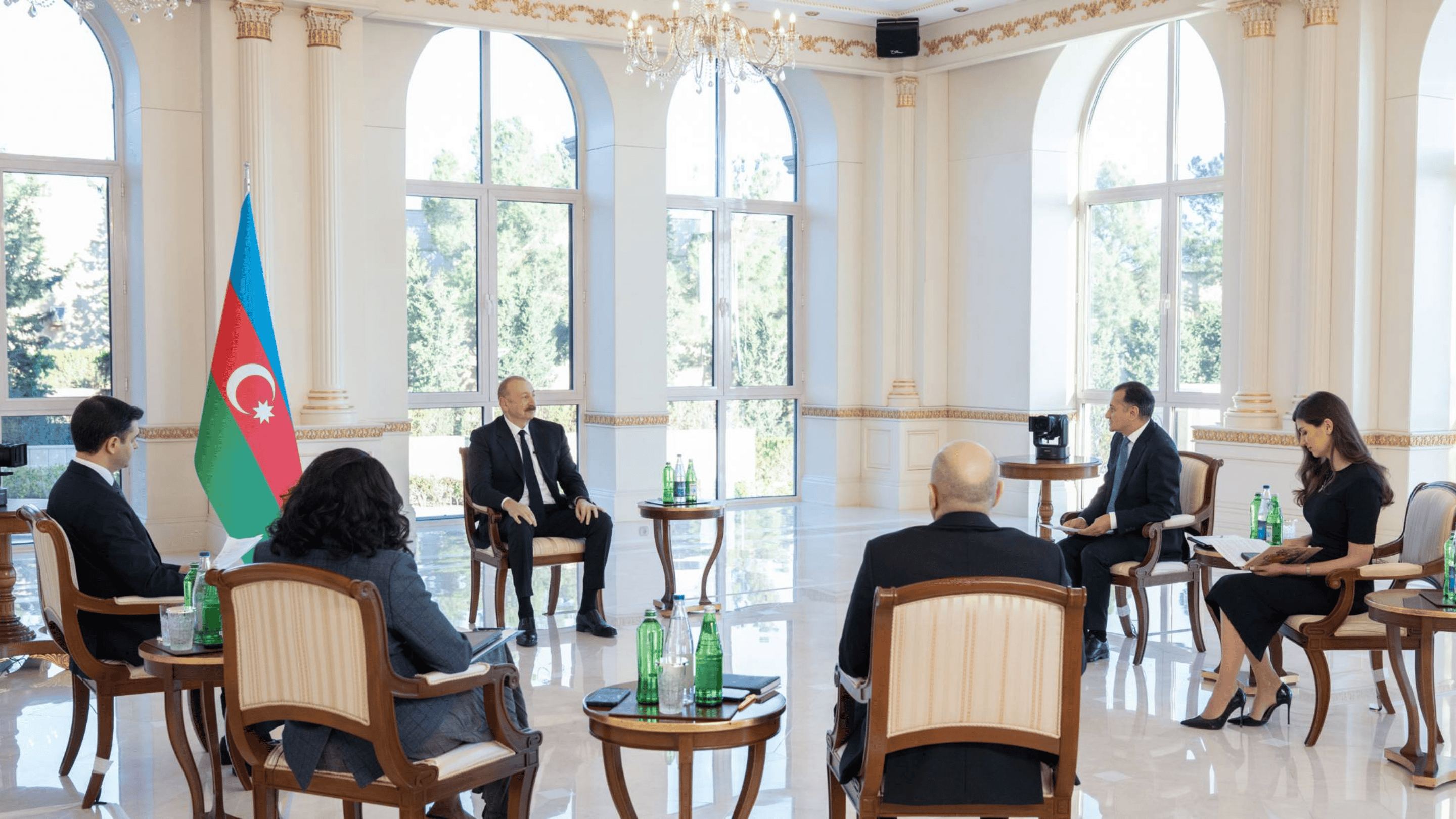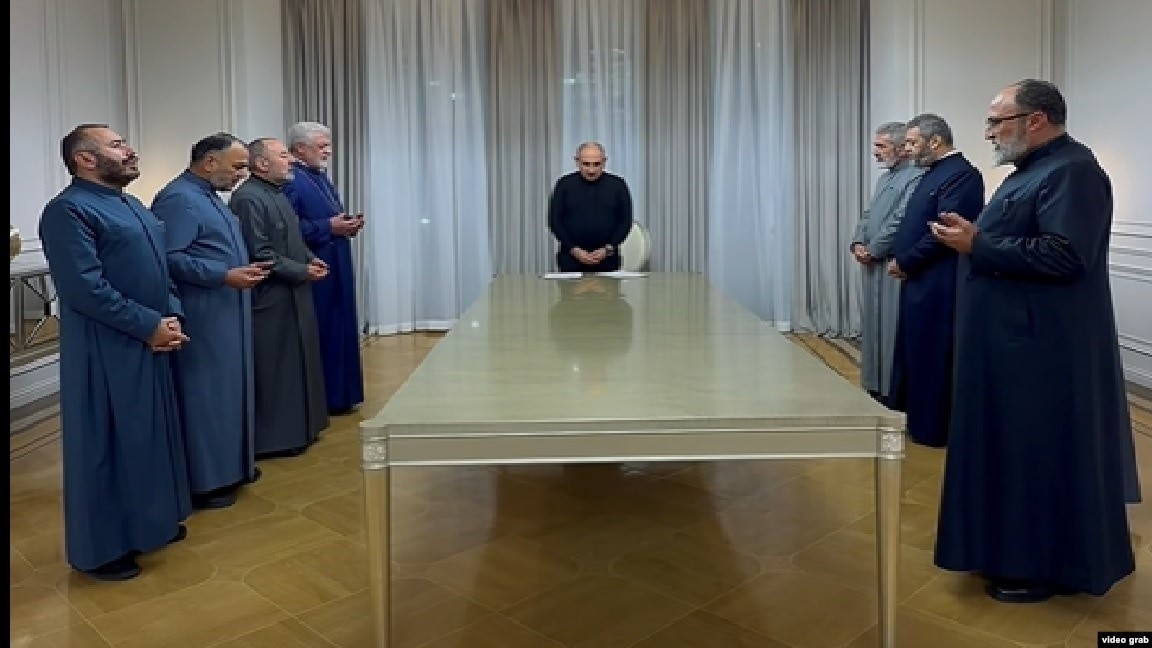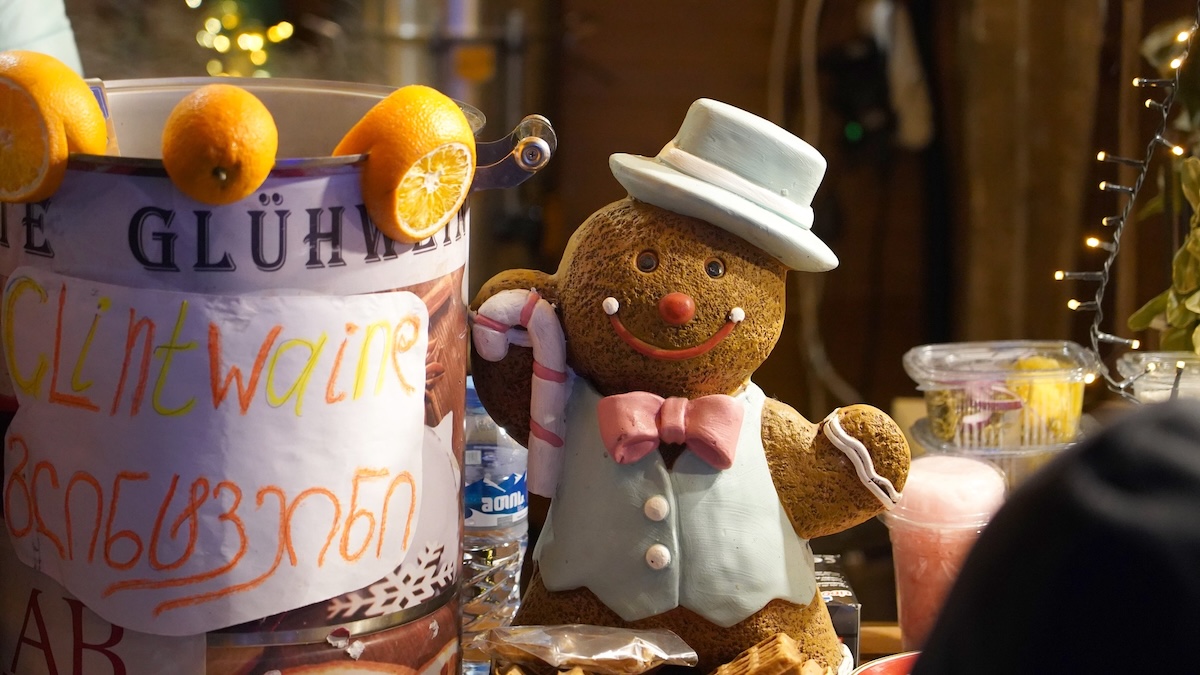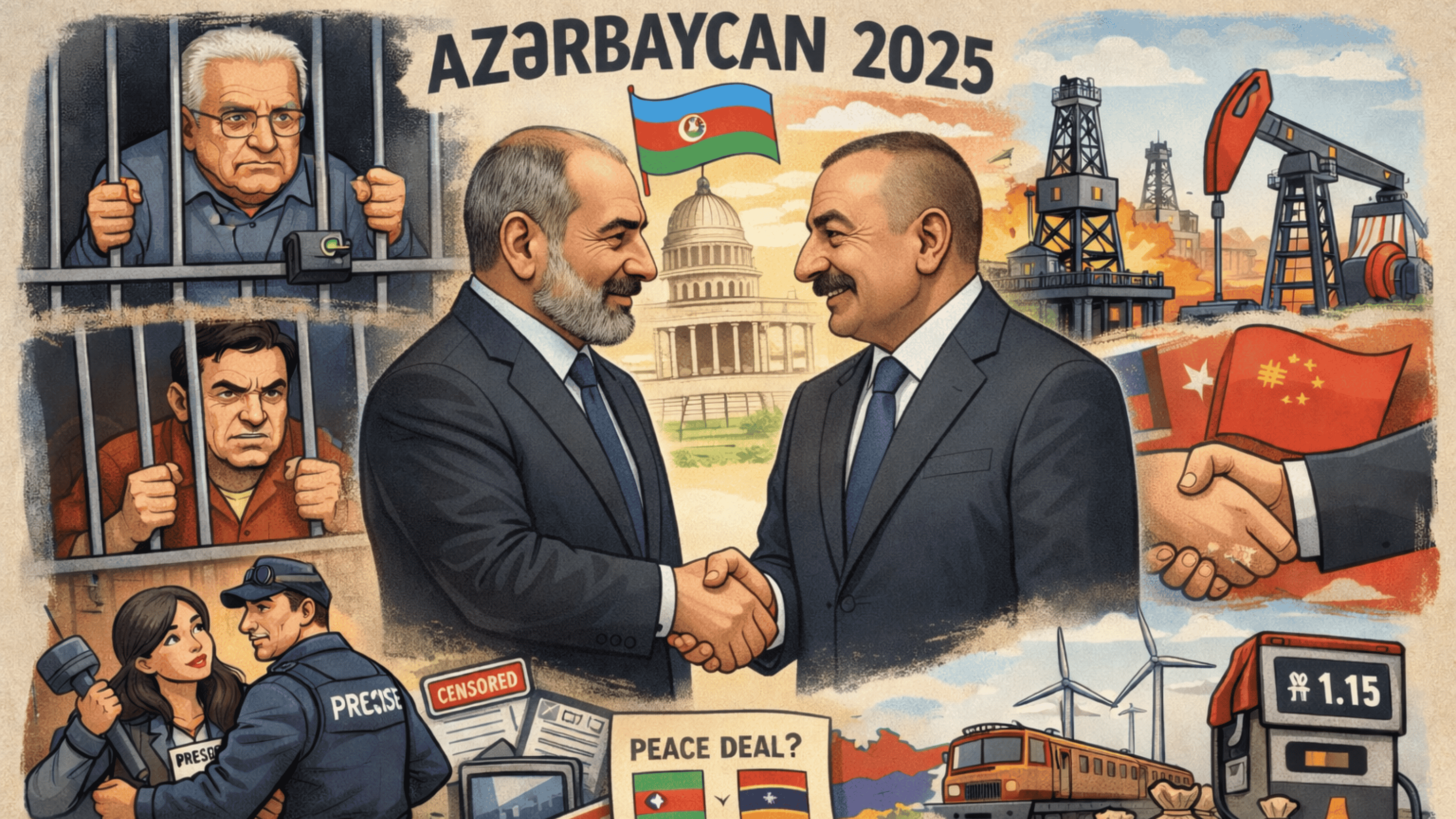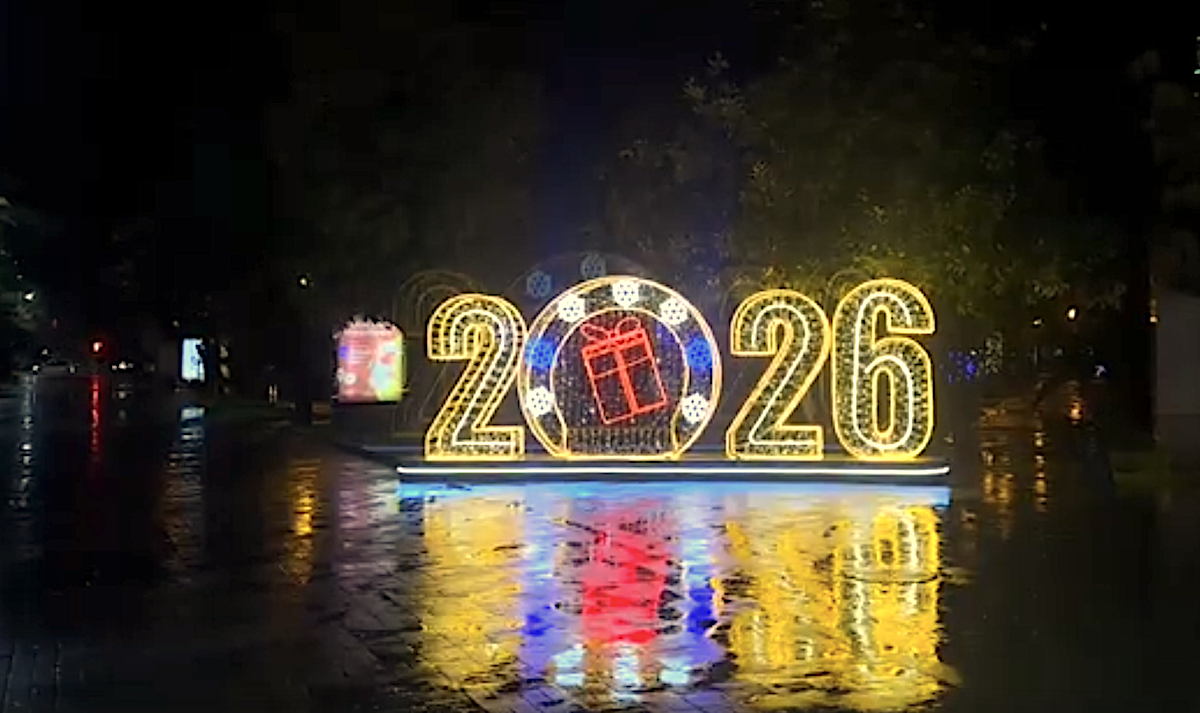Light in the darkness - A Photo Story
Journalist teacher
This story is about the volunteer teaching activities of journalist Joshgun Eldaroglu in a remote village in Azerbaijan.
For about two years now, he has been traveling to the village of Gazbabaly in the Shabran region, where he teaches the Azerbaijani language, mathematics, and English.
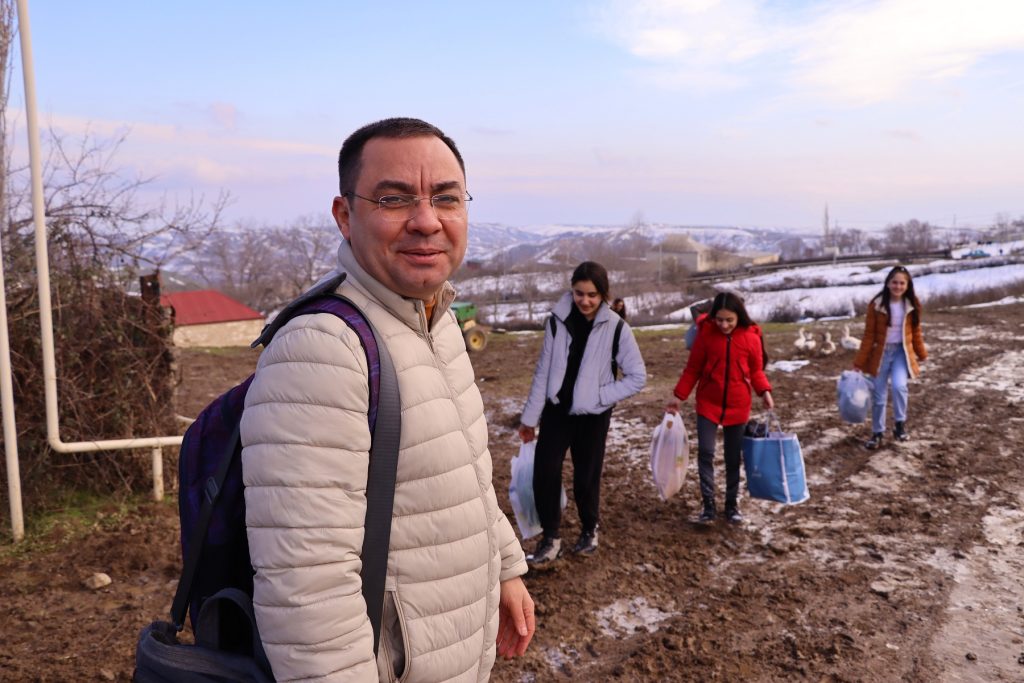
- “Cherry kebab” on the platform
- Balik – “favorite place” or “swamp”?
- The story of a blind history teacher from Azerbaijan
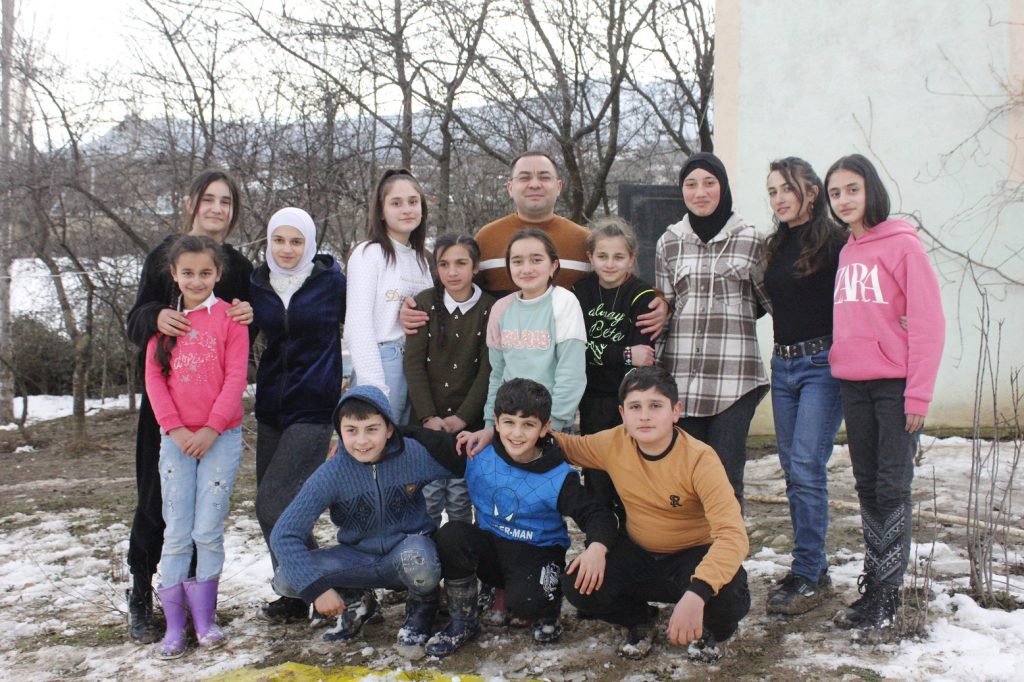
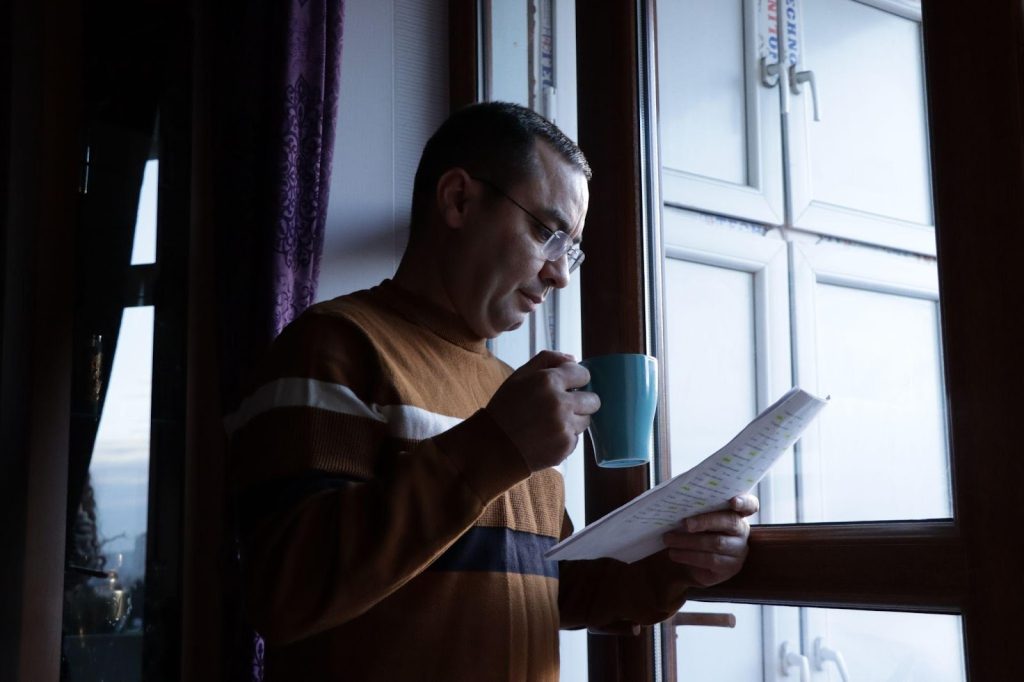
I’ve been preparing for today for two weeks now. There are still three hours to go. It will take another two weeks, and I will again ride on these roads. They are waiting for me in Gazbabaly. You have to leave the house early. I know how children rush to meet me. When I say children, I mean my students. I am not a teacher, but at the same time a teacher. Maybe that’s confusing. I’ll explain.
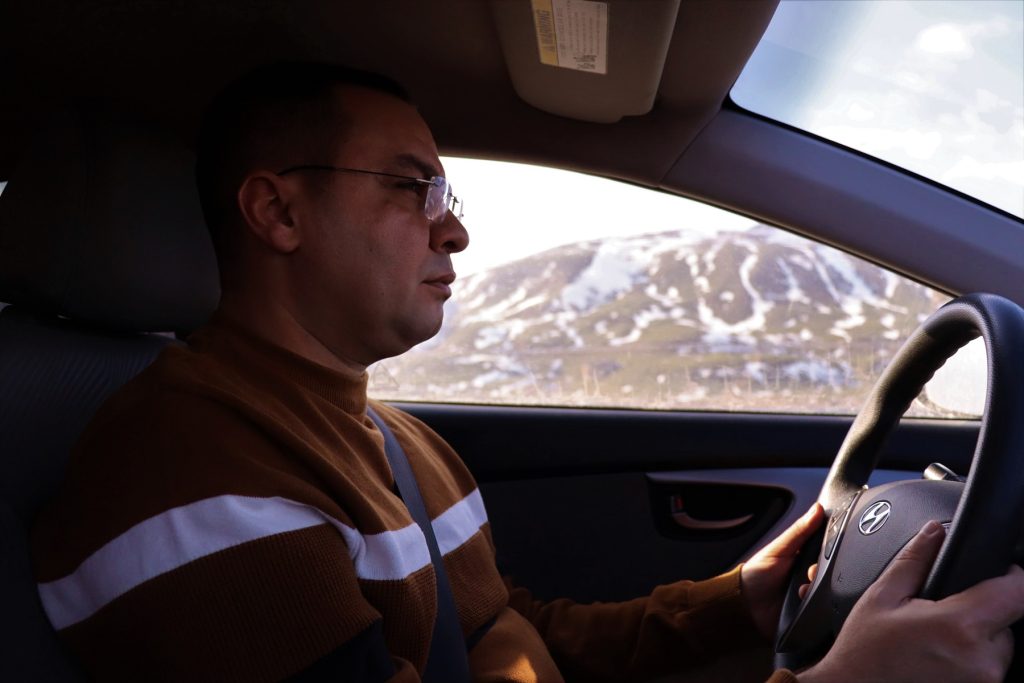
I come from the Shabran region. I used to go there occasionally. One day I went to visit relatives. There I was introduced to a little girl named Nazrin. I was surprised by her story. She said that she would not go to school this year. After asking the reason, I found out that in their village, the school provides education only up to the fourth grade. I also learned that there are other children in this village, like Nazrin, who will not be able to continue their education. Although these children want to learn, they do not have the opportunity.
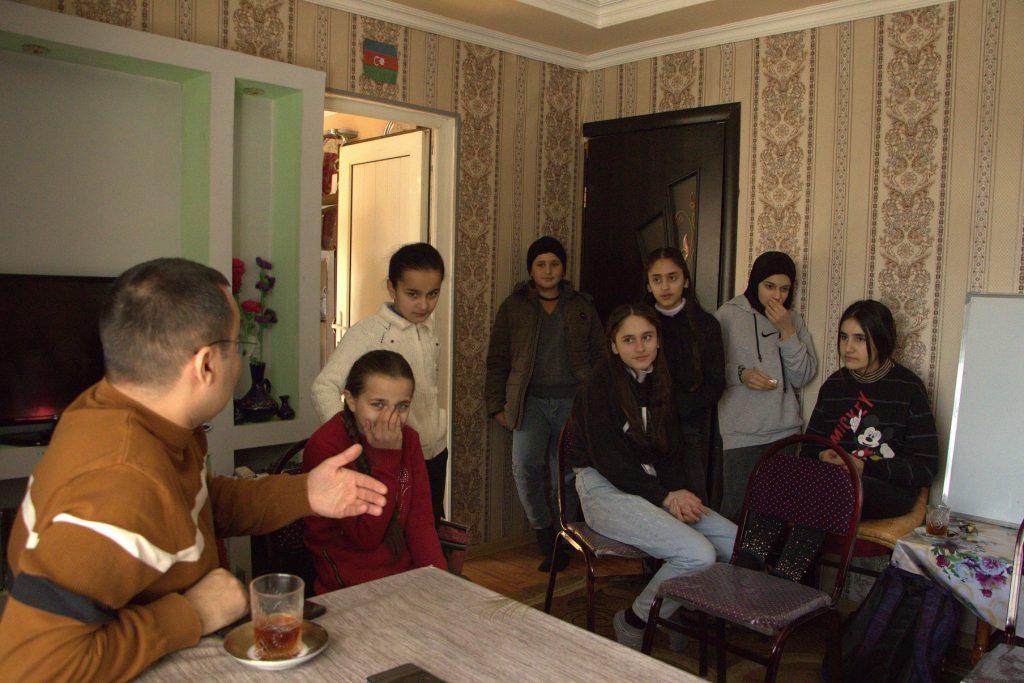
I thought for a moment what I could do for them. I could say “wise” words to her and other children, like, if they have the will to study, get an education, then they must overcome any difficultiy. I would say what many say in such cases: “My dear, I see in you the potential that, having overcome long roads, in winter and snow, in the rain, you can reach a neighboring village, to another school …” But if I said that, I wouldn’t be myself. I always thought that I want to be a good person. And I know that a good person must not be good only in words, but in deeds. If I can’t help these children in a specific way, then it’s useless to feed them pleasantries.
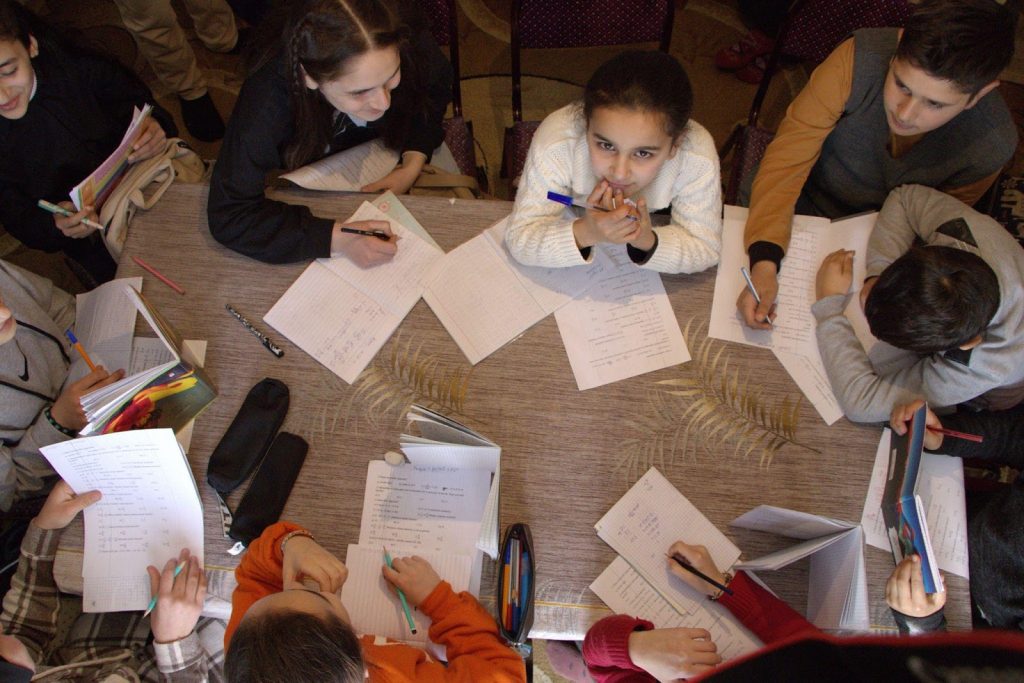
I thought, can I teach them? In truth, it was not easy to make such a decision. The road is not close, I myself am a busy person. But, although I work as a journalist, I thought that I could teach. Finally I decided to do it.
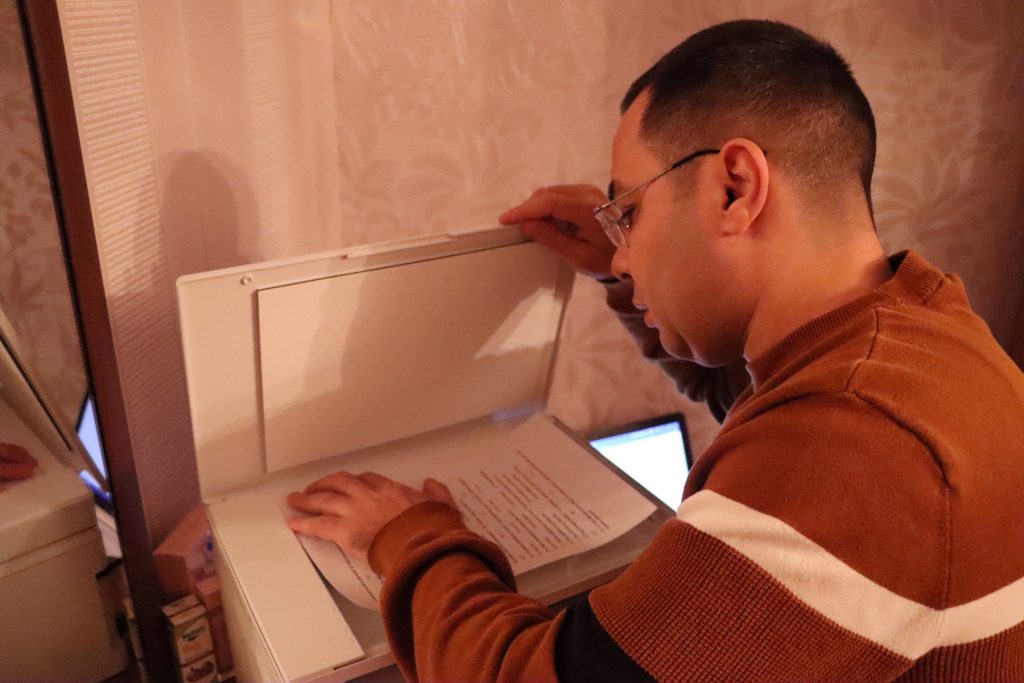
At each lesson, I make a test for children of 96 questions in four subjects, print them on sheets. These subjects are the Azerbaijani language, mathematics, English and “worldview”. I include geography, history, and chemistry in the subject called worldview.
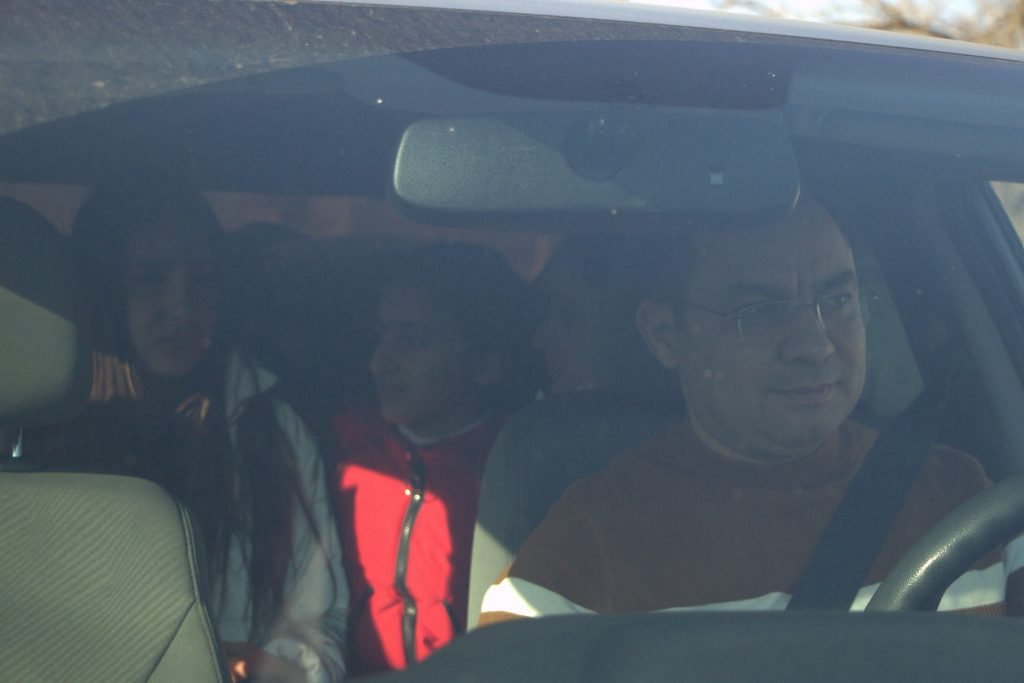
The houses of several of my students far from Gazbabali. Every time I go to lessons, I bring them with me by car, and after lessons I bring them home.
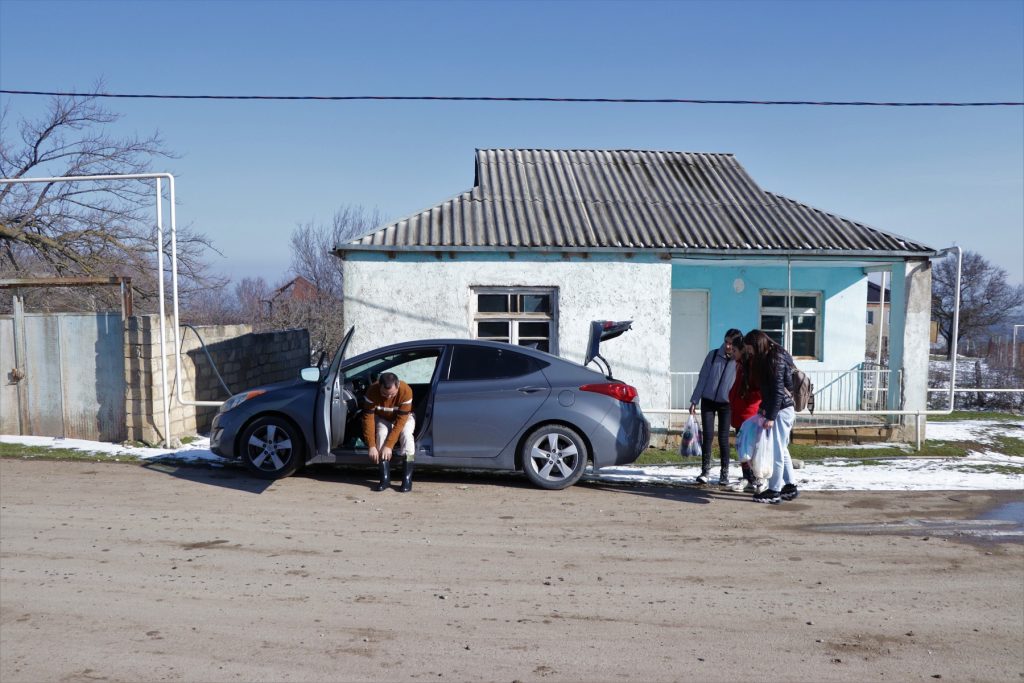
The roads in the village are very bad. On rainy days, driving here is a real torment. It is difficult to climb into the village in ordinary shoes. So before reaching the village, I stop the car and put on wellies.
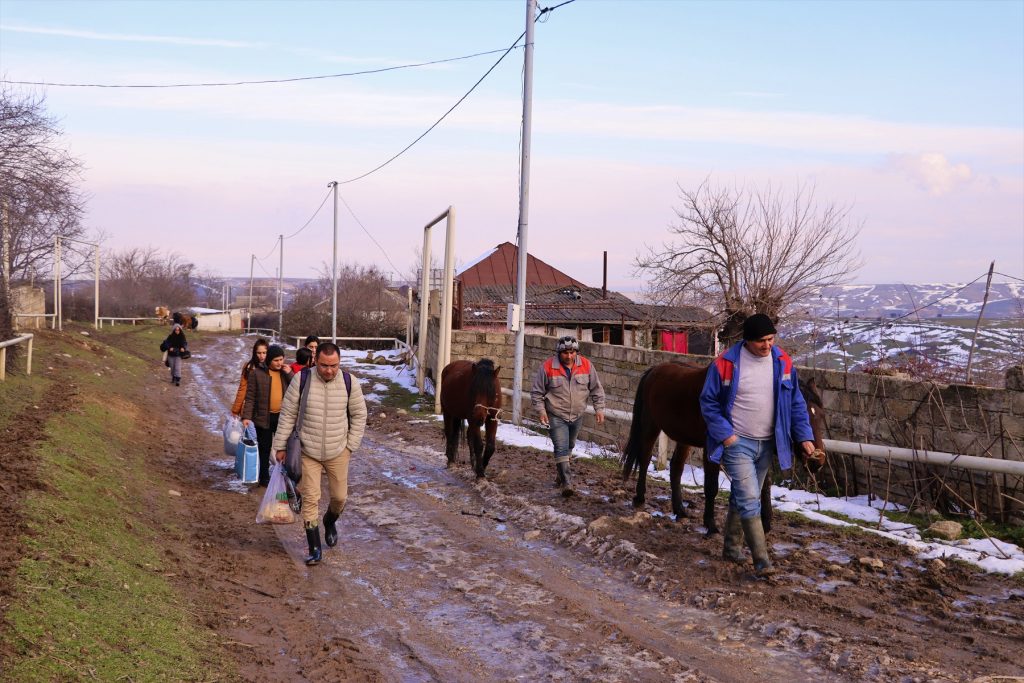
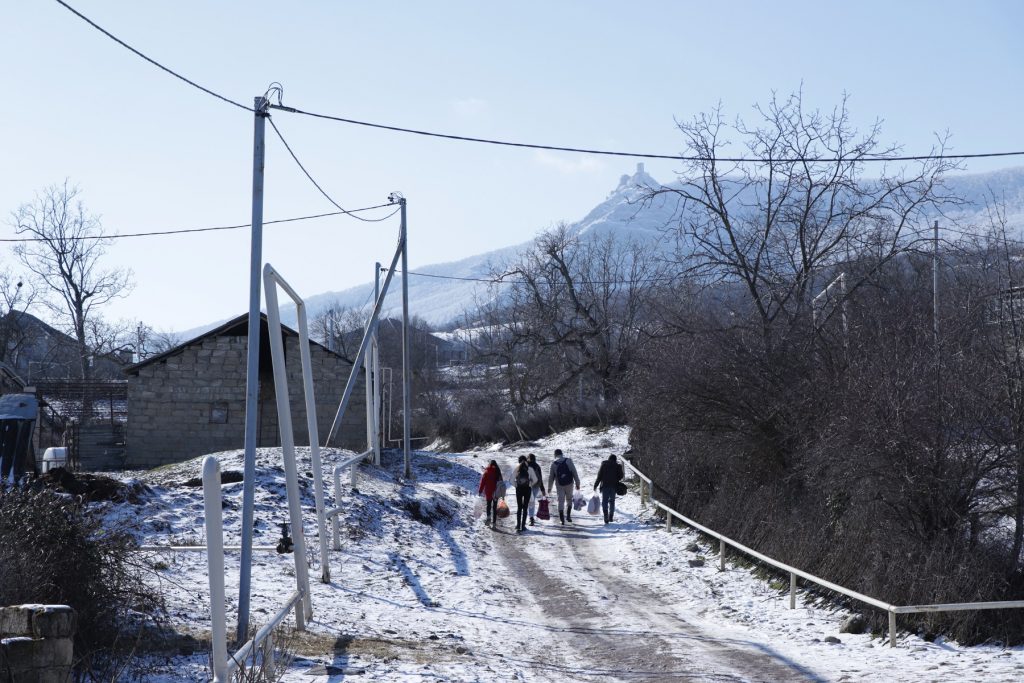
We walk about a couple of kilometers to the outskirts of Gazbabali with the students.
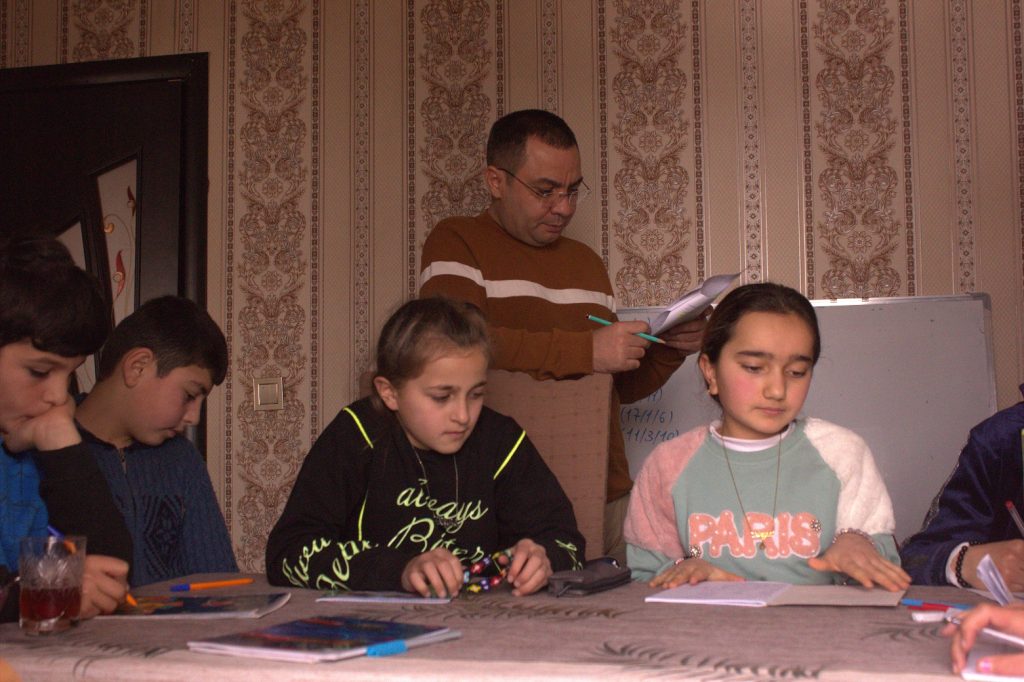
Lessons are held in a small room in the house of one of the villagers. Because the room is small and there are few tables and chairs, I teach on my feet all eight hours.
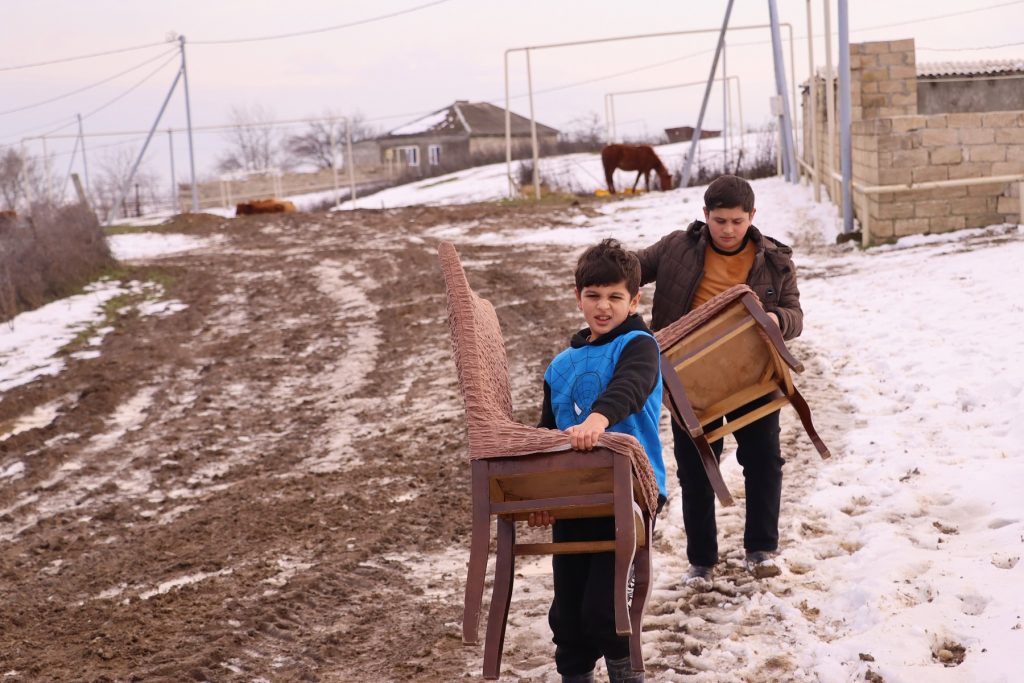
Students Hussein and Sharif sometimes take chairs from home with them to lessons.
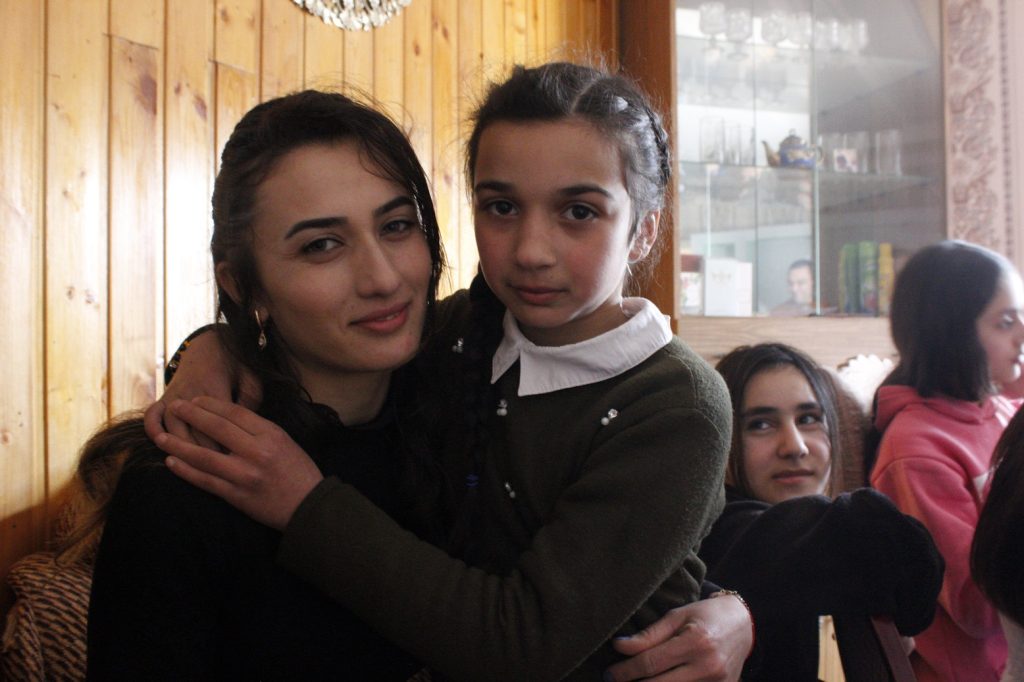
My oldest student is 28 years old. This is Suraya, she didn’t get her secondary education. And now she goes to classes with her daughter Fidan. Suraya then shares the knowledge gained in my lessons with other uneducated rural women.
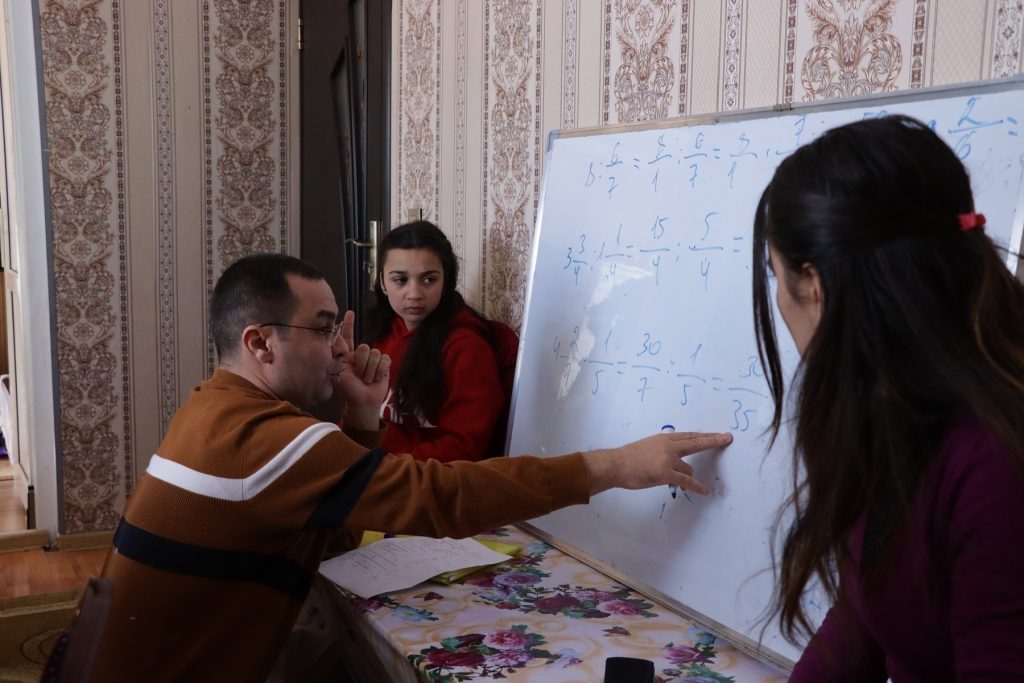
The longest lesson we have is mathematics. It’s hard but the students love it.
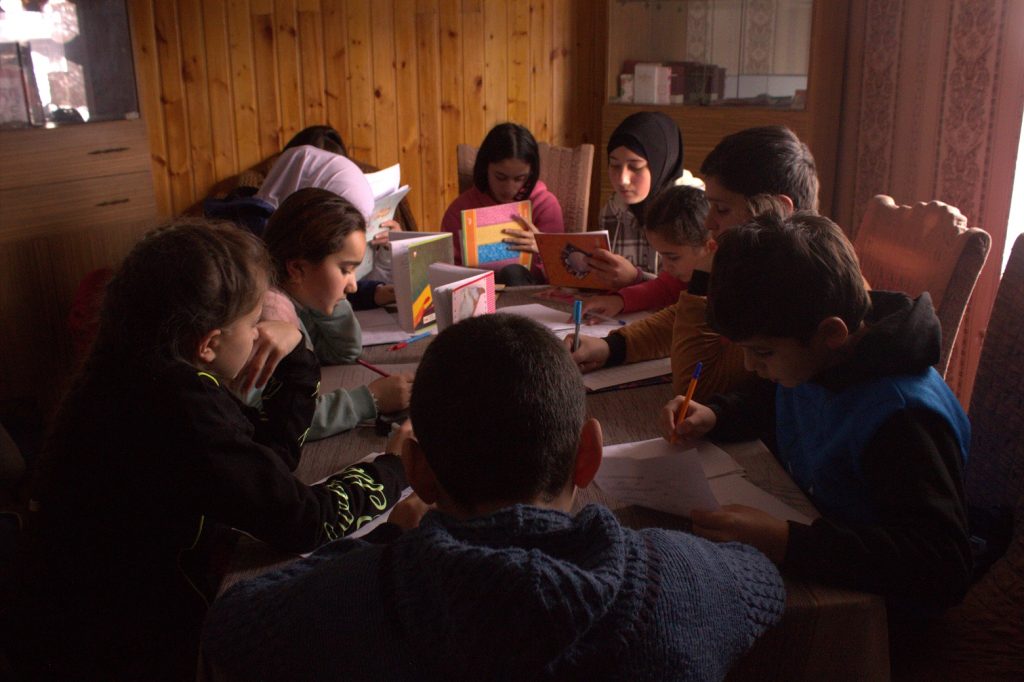
Gazbabali isn’t about winter romance. It’s cold here in winter, rural roads are covered with snow and mud, and the lights go out in the house where we conduct our lessons. But I’m not discouraged by this. Children understand that there is no light, but there is a person who has come to become a light for them.
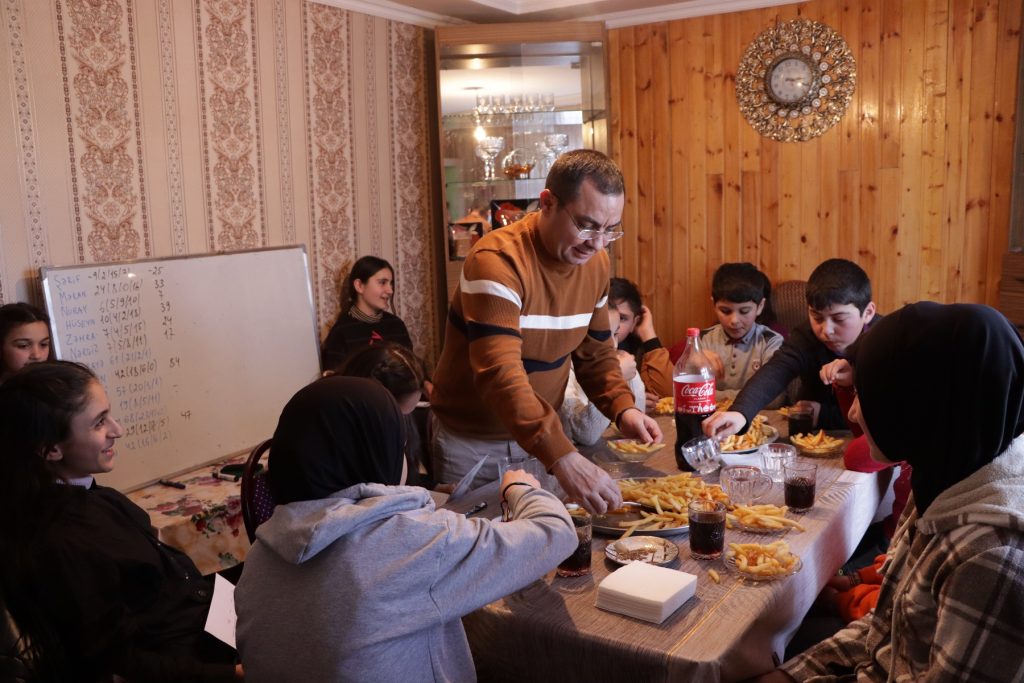
While the children are answering the test questions, I prepare lunch for them. We usually have lunch at three o’clock.
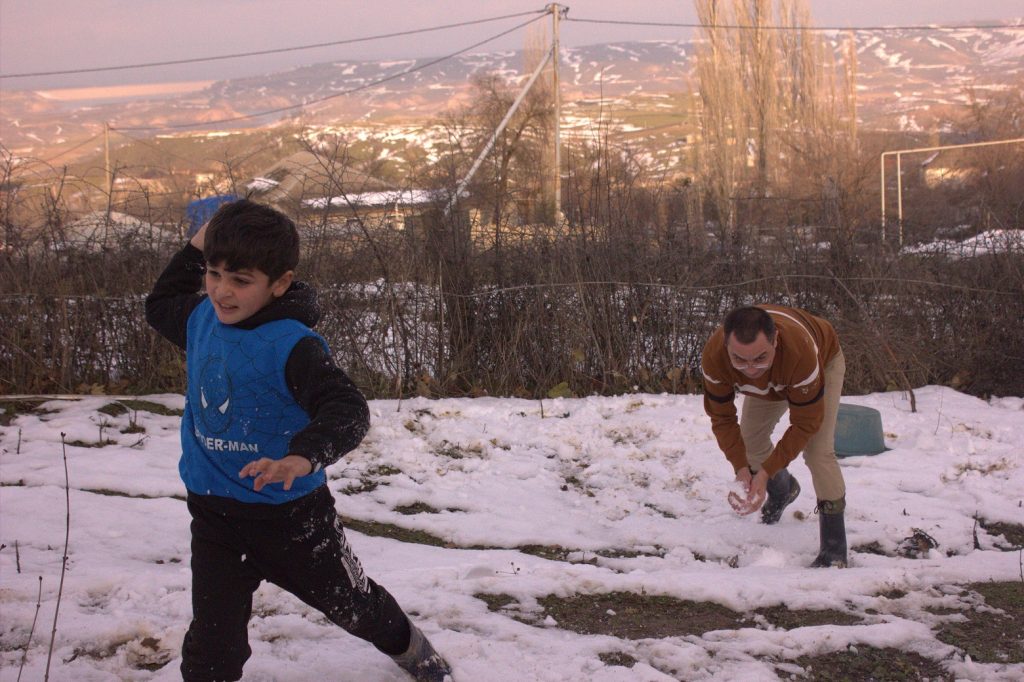
During recess, I invite the children to play snowballs until all the snow melts outside. We must take advantage of this opportunity.
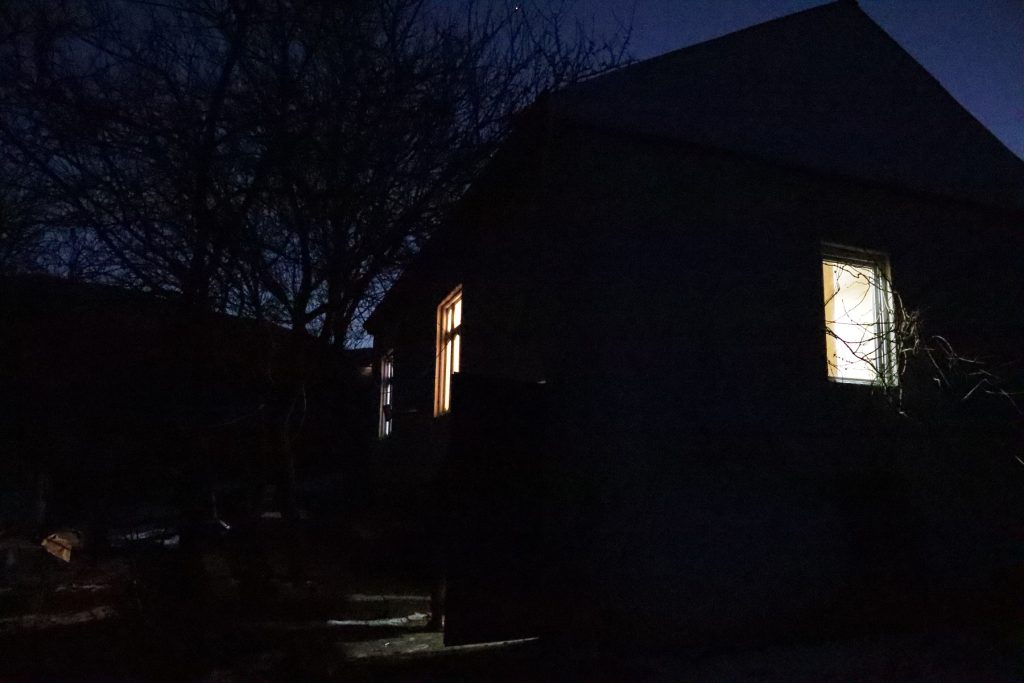
Evening has already come to Gazbabali. Our last lesson on “worldview” has ended. Which means it’s time to go back.
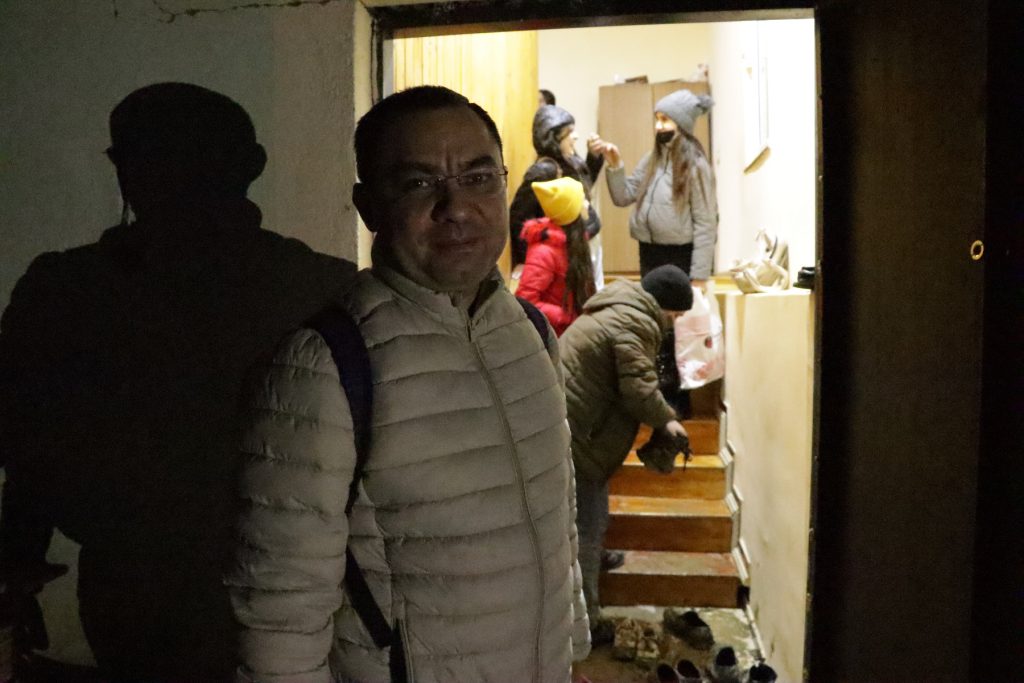
Now I am getting ready to go to Baku. Very tired, exhausted. But very pleased with himself. I don’t know if I’m right or not, but I feel like I’ve done a very serious thing. I think that every such dark evening serves the bright future of my students. Darkness isn’t scary. What’s scary is not trying to find the light to guide your way out.










